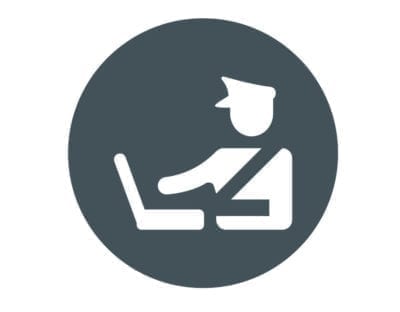A newly published report from the Department of Homeland Security’s Office of Inspector General (OIG) has found significant shortcomings in US Customs and Border Protection’s preparedness for potential technological issues within its CBP One app.

The mobile platform, designed to facilitate scheduling appointments at U.S. ports of entry, was found to have several major flaws, including problems with language access, appointment availability, and technological infrastructure. The report also pointed out critical security vulnerabilities that could expose it to cyberattacks.
CBP One was launched in October 2020 as a digital portal for various CBP services. Initially, it had limited functions such as applying for arrival records and scheduling cargo inspections.
Within a couple of years, the app’s role expanded to include humanitarian purposes, being used to register individuals in the Migrant Protection Protocols program and to process Ukrainians seeking entry under the Uniting for Ukraine initiative.
A major shift occurred in January 2023 when the Biden administration broadened CBP One’s use for asylum seekers. Migrants in Mexico could now use the app to request Title 42 exceptions and schedule appointments at US ports of entry. The expansion significantly changed how asylum requests were processed at the southern border.
As of 2024, CBP One has become a primary tool for managing asylum appointments, allocating 1,450 slots daily. But it has faced scrutiny from both political and human rights groups due to its technical limitations and the use of biometric technologies.
The OIG report criticized CBP for not conducting a formal risk assessment before expanding the app’s use for scheduling appointments for noncitizens at the Southwest Border. This lack of preparation led to increased error messages and other issues, such as the ability of some individuals to manipulate the system to secure more appointments.
Moreover, the app’s infrastructure was overwhelmed by demand, resulting in reduced bandwidth and functionality. The OIG also noted that the app was primarily limited to English, Spanish, and later Haitian-Creole, which further hindered its effectiveness.
The report concluded with three recommendations for CBP, which included formalizing a risk assessment process, enhancing data analysis capabilities, and regularly assessing the app to address vulnerabilities. CBP has agreed with these recommendations and plans to implement them.
Source: FedScoop
–
August 23, 2024 – by Cass Kennedy







Follow Us